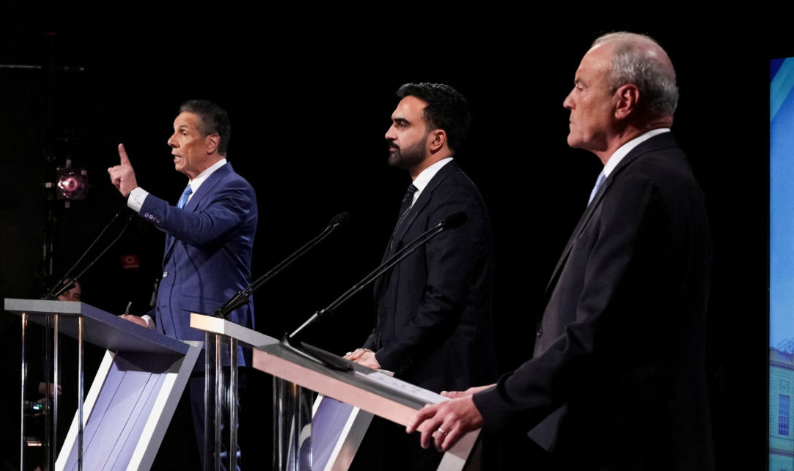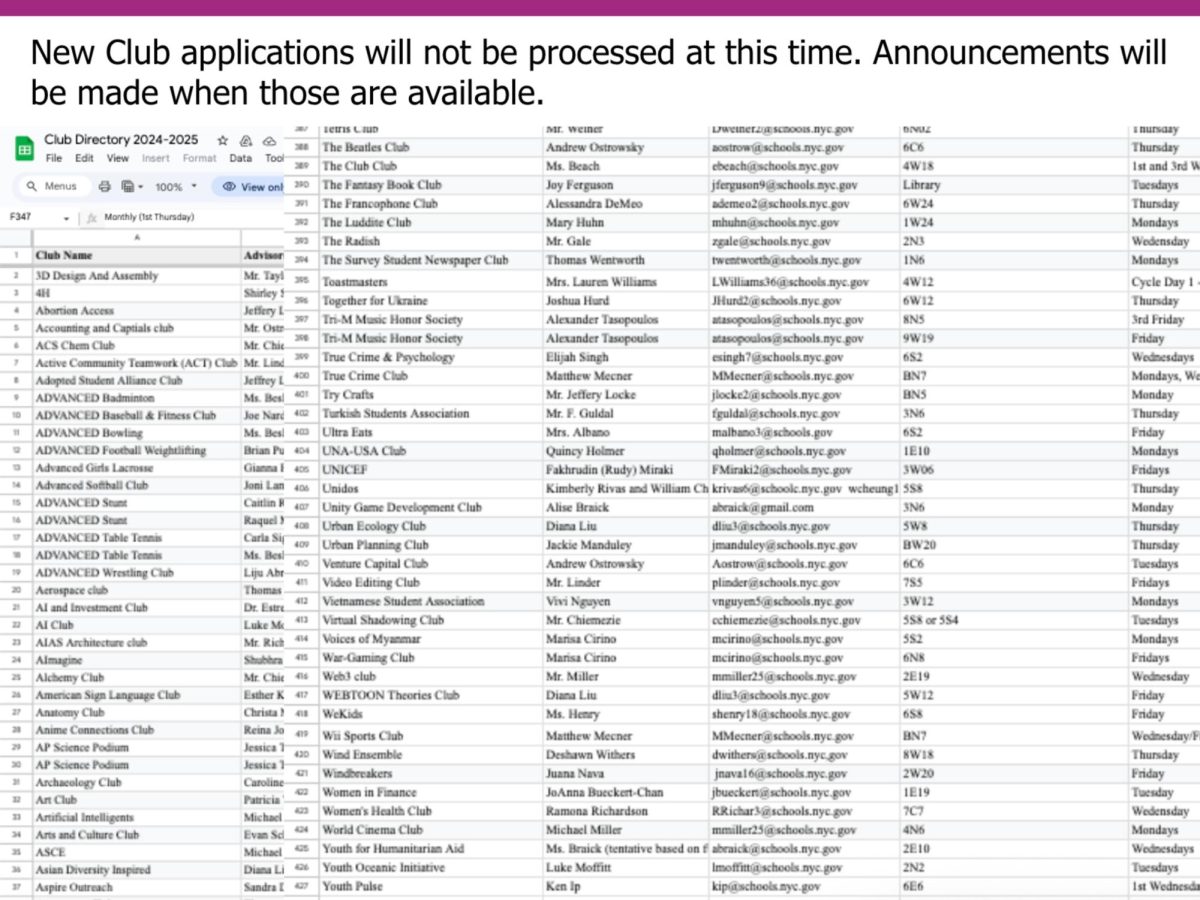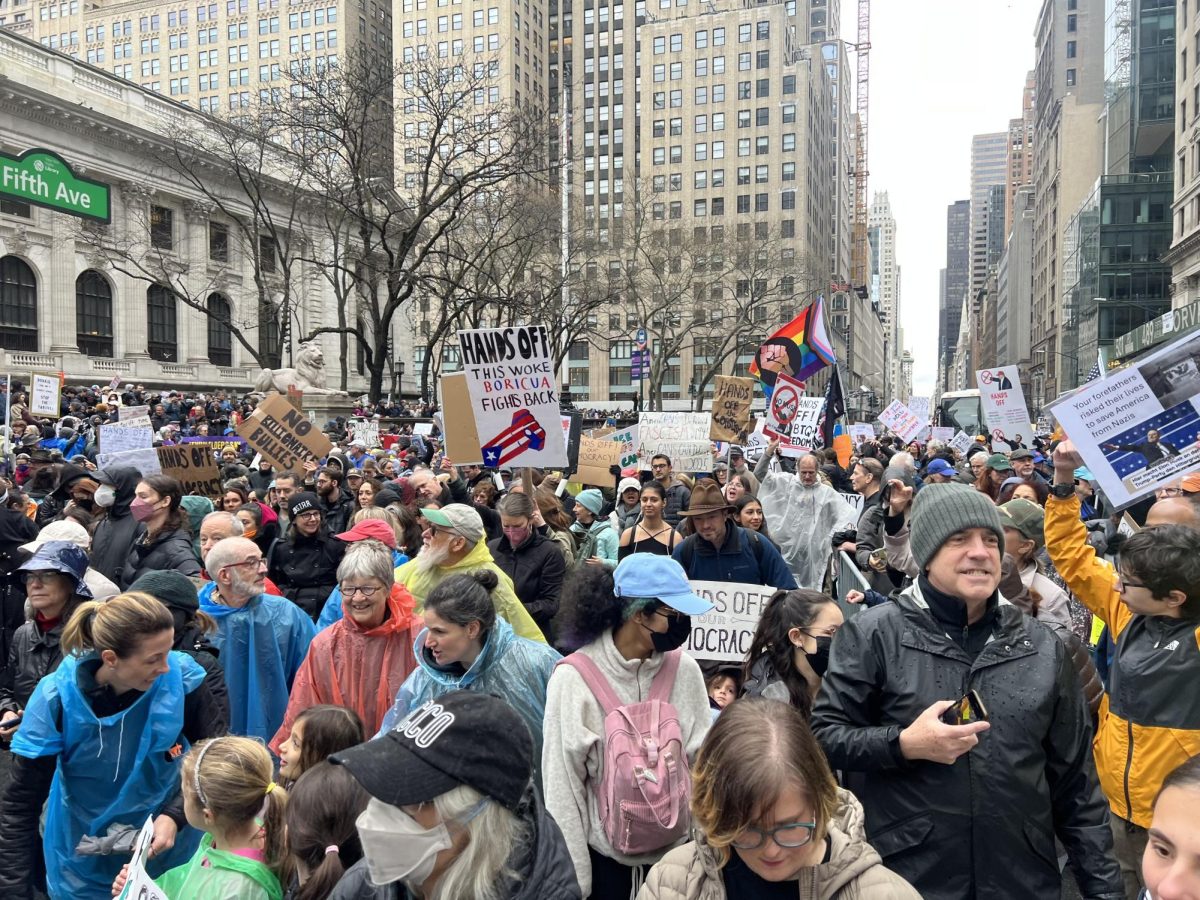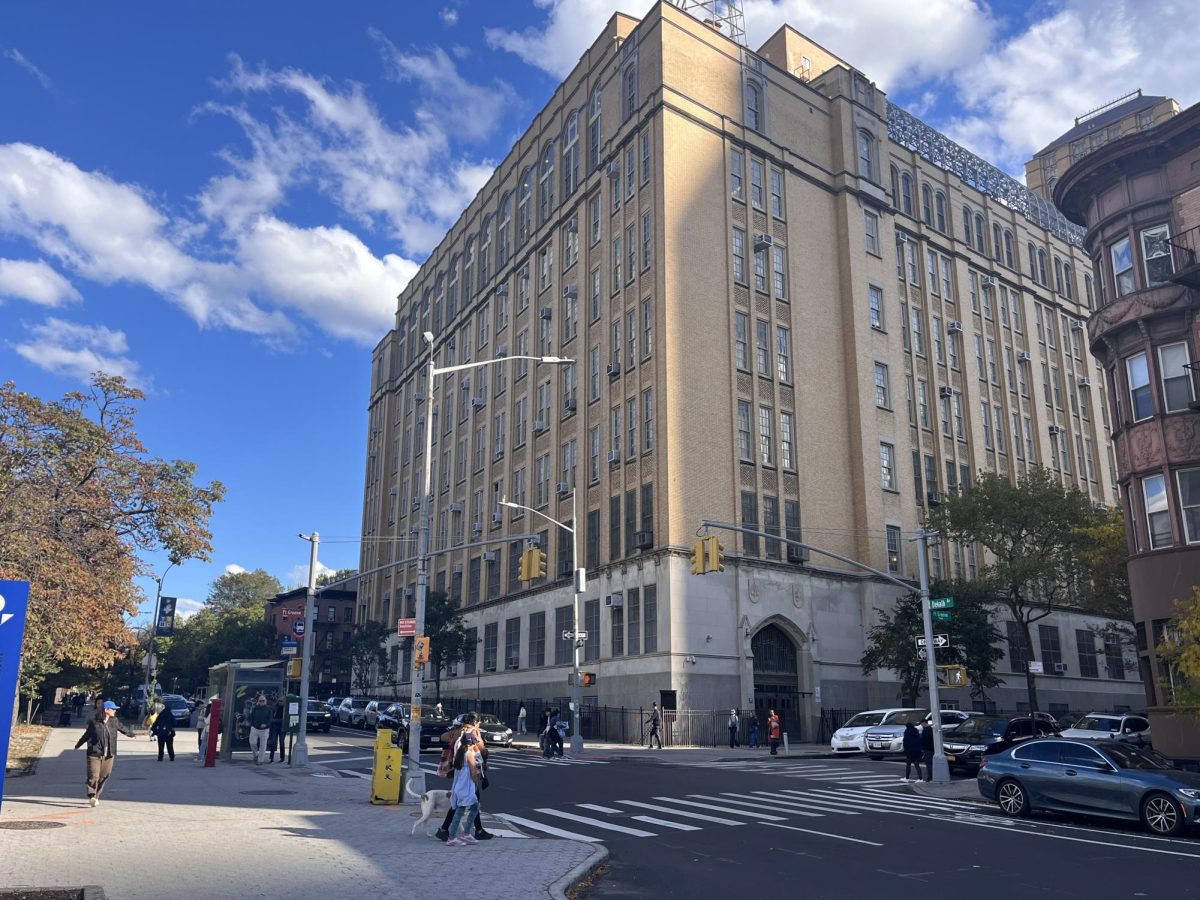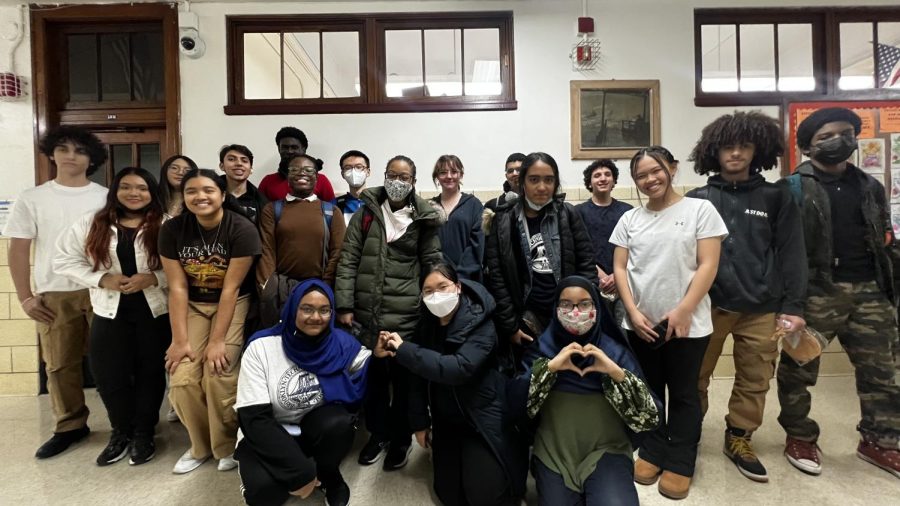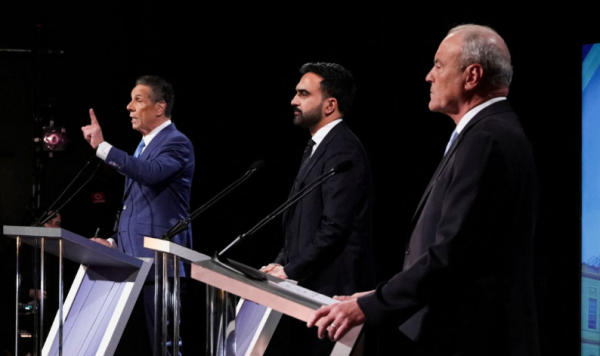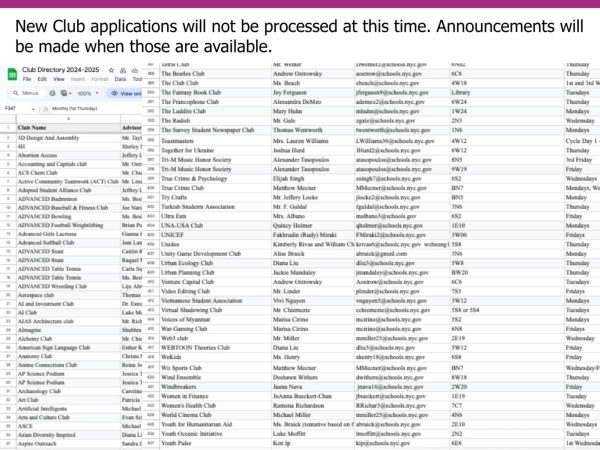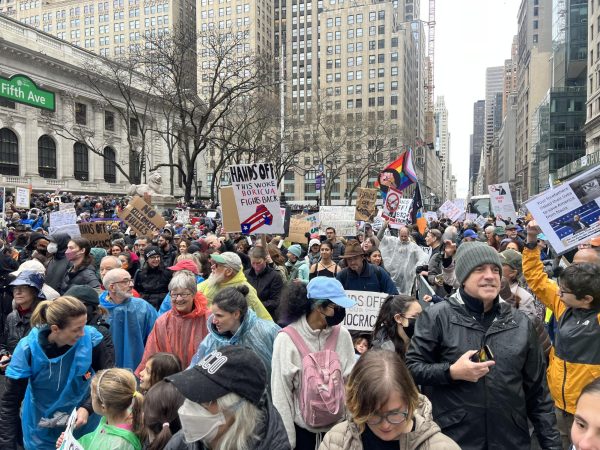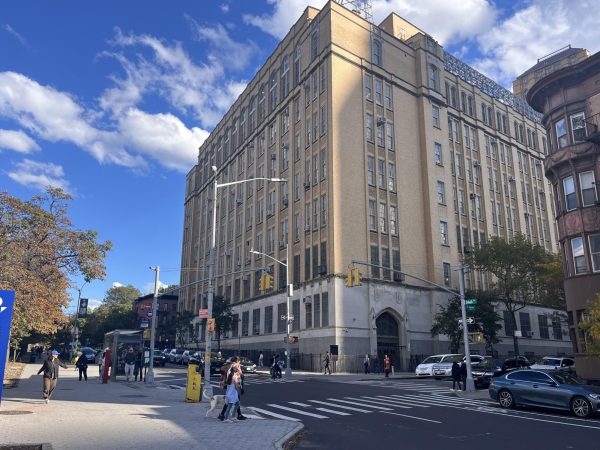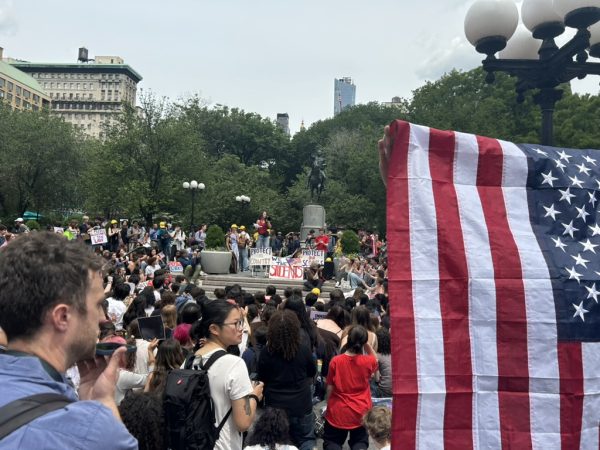DOEGuest Returns With More Questions Than Answers
With the introduction of hybrid learning in the 2020-2021 school year came DOEGuest, a WiFi network which allowed NYC students to complete assignments on personal devices while at school. The network was shut down on May 2, 2022 due to limited bandwidth, leaving students who relied on these services offline. Both students and teachers had adapted to students being able to use personal devices in school, so the abrupt change led to widespread complaints.
Students who did not have access to internet at home or at school were left with limited resources when it came to their education. This explains the excitement on January 6, 2023 when Principal David Newman announced that the network would be reactivated.
Two days after the WiFi returned, the network crashed. The WiFi turned off automatically, and the administration was completely unaware of the situation prior to student complaints. It was restored later that day, but there was still not enough bandwidth for the new devices. The service has spontaneously crashed several times since. Newman hopes to broker a new contract to attain 6-8 Gigabit internet. He explained, “Within 30 days, I think we’re going to see an expanded bandwidth and then maybe I’ll get back to numbers where I’m seeing only 20% of usage and not 90% usage.”
The Equity Team played a large role in the effort to restore student internet access, involving themselves in negotiations with Newman and other faculty over the last year. In this time, they have all worked to expand the bandwidth of the DOEGuest network, allowing it to be capable of handling a large amount of student devices.
According to Angebella Arjune, a junior in the Law and Society major, the fight to persuade the DOE to expand bandwidth began in the summer. In the fall, Newman informed the Equity Team that even with double the previous bandwidth, the network would not be sufficiently powered to consider opening it back up for student use. The Equity Team began preparations for a sit-in to protest the lack of WiFi, considering it a high-priority issue for students with less access to technological resources.
Jediah Thomas, a senior in the Chemical Engineering major, was a key mediator between the Equity Team, Student Government, and Newman.
Thomas said, “I mostly made the link in talking to the principal. When I go to his office to do the third period announcements, that’s my time to talk to him. Other times, he comes to SGO meetings and we just have constant communication.” To him, the idea of a sit-in was important because WiFi access was necessary for the flourishing of technology and the ability of students to complete their coursework.
After Thanksgiving break, the Equity Team presented Newman with a list of problems that would lead to a protest if not resolved, including the absence of DOEGuest. They negotiated a deal, stipulating that the administration would be given one month to attempt to restore access or the sit-in would take place.
The sit-in was scheduled for January 9th, and Newman’s announcement three days prior came as a surprise to the Equity Team. While an enormous victory for the team, they saw it as just the first step in a larger fight for technological equality. They hope to address issues such as limited printing access and the limited number of computers in the library going forward.
Joshua Montes (he/him) is a staff writer for Hard News. Joshua realizes the importance that journalism...

